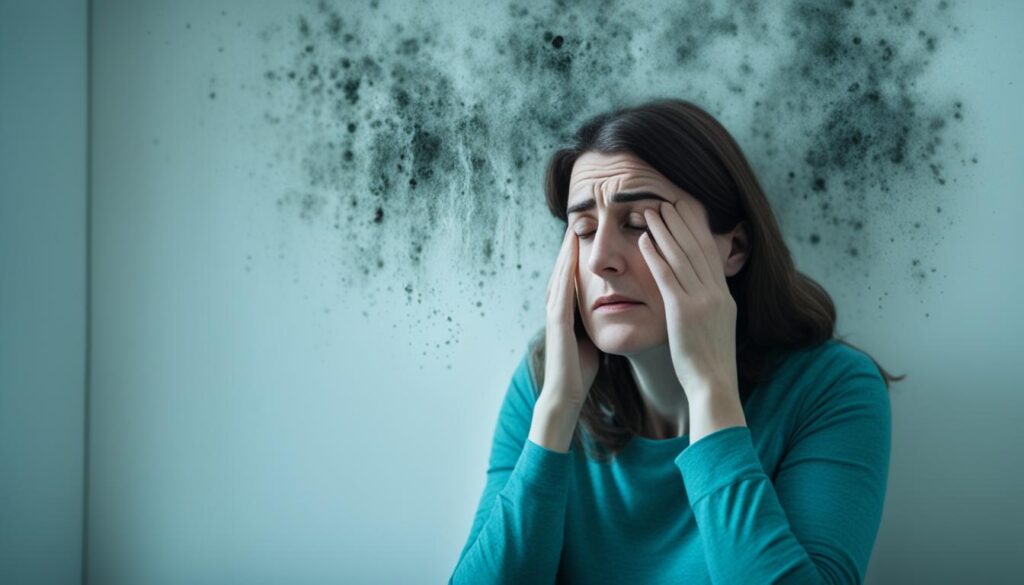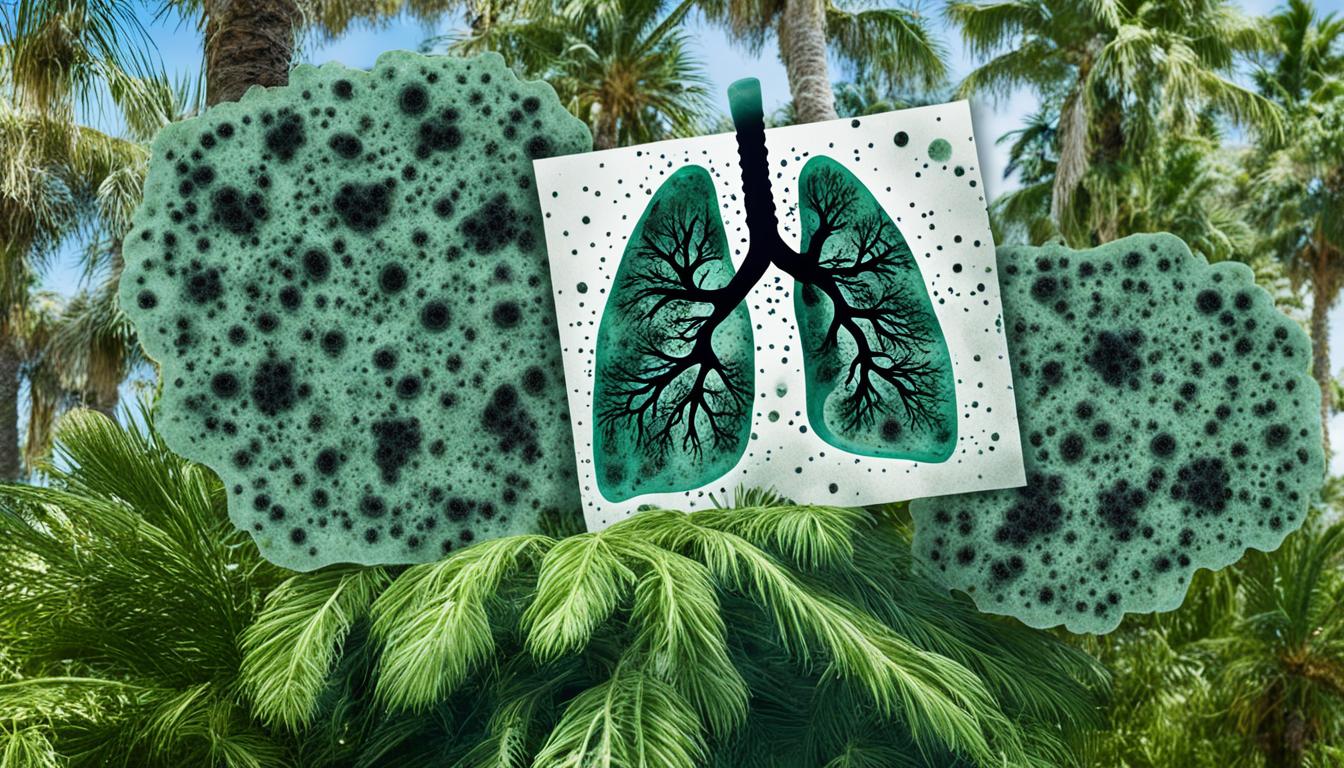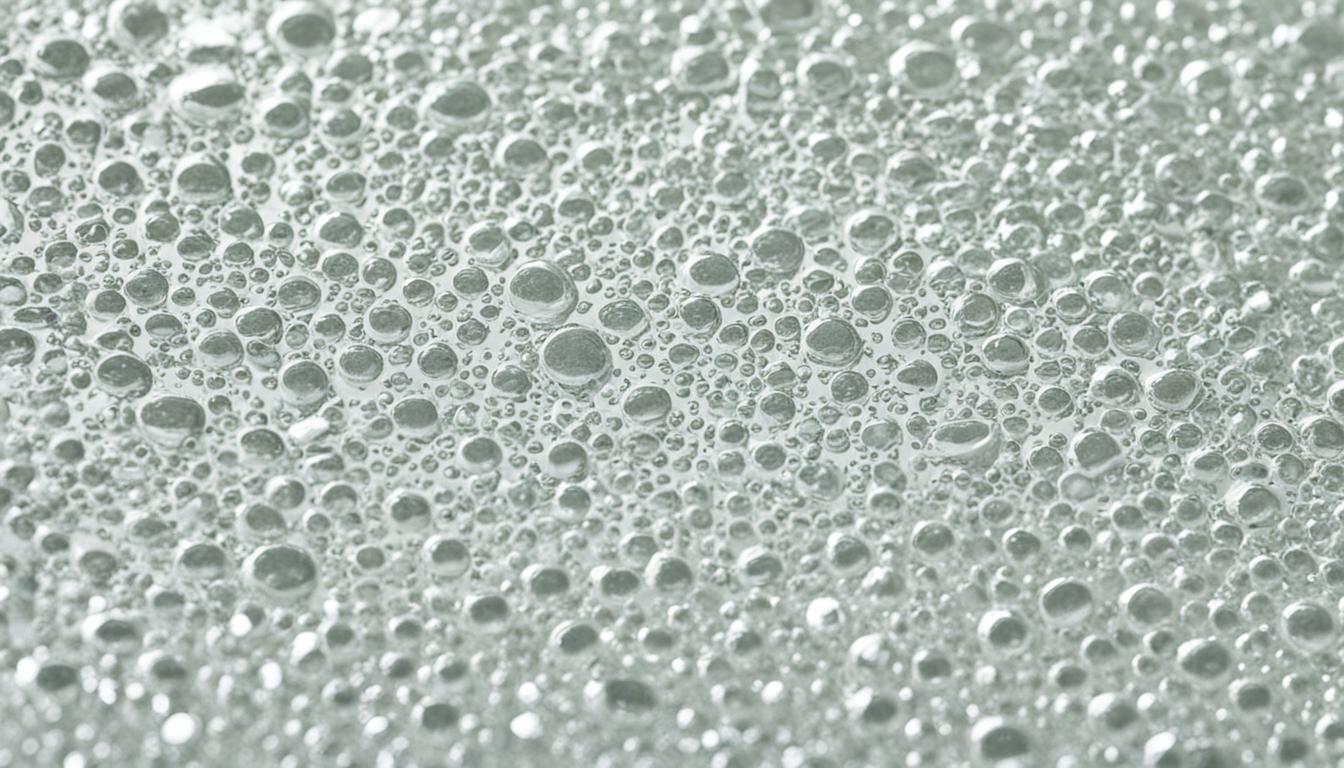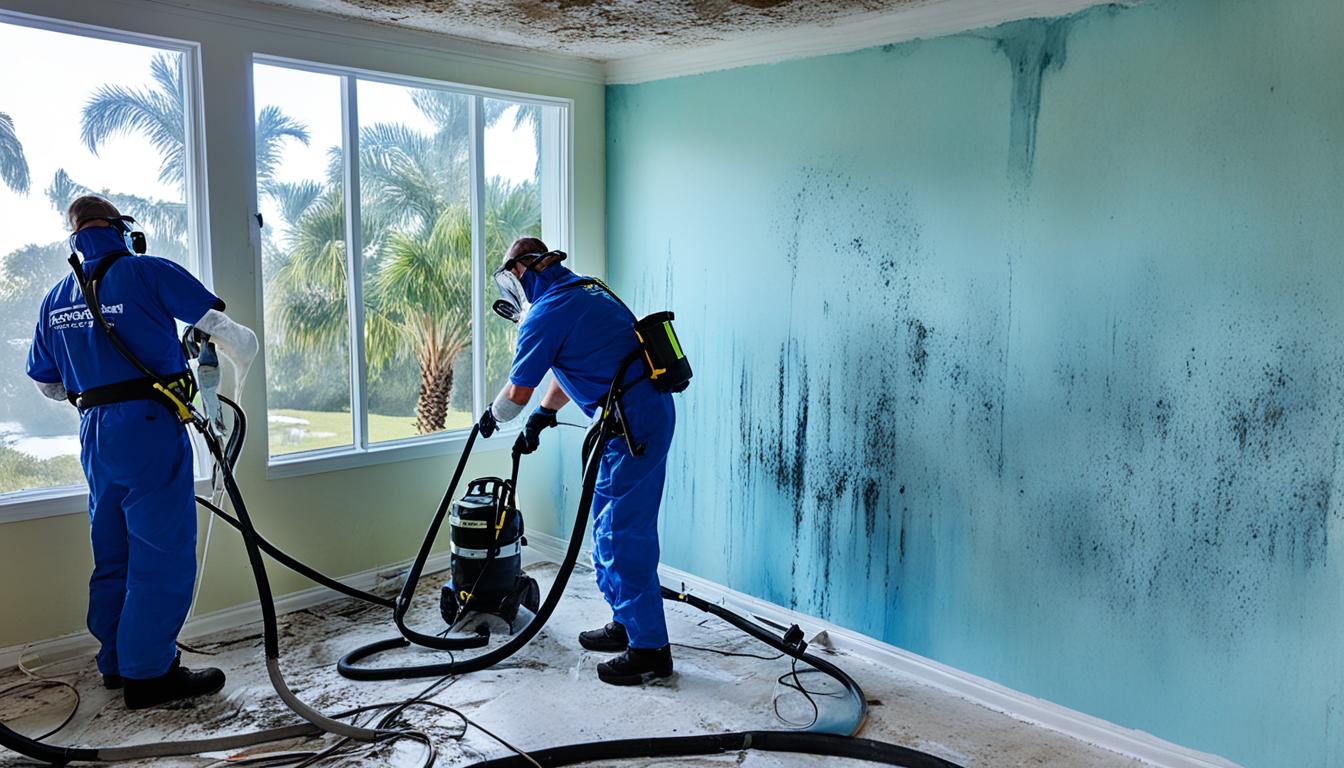
Mold Sickness Symptoms in Florida: Know the Signs
Living in Florida has its perks, with beautiful beaches and sunny weather. However, it also comes with its fair share of challenges, such as mold growth. Mold is a common issue in many Florida homes and buildings, and its presence can lead to various health problems. It’s essential to recognize the signs of mold sickness symptoms in Florida to protect yourself and your loved ones from potential health risks.
Mold sickness symptoms can range from mild to severe, depending on the level of exposure and individual sensitivity. Common signs include respiratory issues like coughing, wheezing, and difficulty breathing. Allergies such as sneezing, nasal congestion, and itchy or watery eyes are also common. Additionally, mold exposure can cause skin irritations, headaches, fatigue, and even contribute to chronic sinus infections.
One of the challenges in identifying mold sickness symptoms in Florida is that they can often be mistaken for common allergies or respiratory infections. However, if you notice these symptoms persist or worsen when spending time in a specific location, it’s important to consider mold as a potential culprit.
Key Takeaways:
- Living in Florida, it’s crucial to be aware of the signs of mold sickness symptoms.
- Mold sickness symptoms can include respiratory issues, allergies, skin irritations, headaches, and fatigue.
- Don’t ignore persistent or worsening symptoms that occur in specific locations.
- Seek professional assistance with mold assessment and remediation if necessary.
- Protecting your health and ensuring a safe living environment should be a priority in Florida.
Understanding Mold Sickness
When it comes to mold sickness, understanding the condition is crucial for recognizing the potential health risks associated with mold exposure. Mold sickness, also known as mold-related illness or mold toxicity, occurs when individuals are exposed to high levels of mold spores or mycotoxins produced by mold.
Mold is a type of fungus that can grow both indoors and outdoors, thriving in warm and damp environments. In Florida, the humid climate creates the perfect conditions for mold to flourish, making it essential for residents to be aware of the symptoms and effects of mold sickness.
So, what exactly is mold sickness? Mold sickness refers to the various adverse health effects that can arise from exposure to mold. These effects can range from mild to severe and can differ from person to person, depending on factors such as the type of mold, duration of exposure, and individual sensitivity.
Mold sickness symptoms:
- Respiratory issues, such as coughing, wheezing, and shortness of breath
- Nasal congestion and sinus problems
- Allergic reactions, including sneezing, itchy eyes, and skin rashes
- Headaches and migraines
- Fatigue and weakness
- Brain fog and difficulty concentrating
- Digestive problems, such as nausea and diarrhea
It is important to note that these symptoms can often be mistaken for common allergies or respiratory infections. However, if you notice that your symptoms worsen while you are in specific environments or areas of your home, mold exposure could be the underlying cause.
“The key to overcoming mold sickness lies in early detection and prevention. By understanding the symptoms and their connection to mold exposure, individuals can take proactive steps to ensure their health and well-being.”
If you suspect that you or your loved ones may be experiencing mold sickness, it is essential to consult with a medical professional to receive an accurate diagnosis. Additionally, addressing the source of mold in your environment is crucial to prevent further exposure and potential health complications.
Now that we have explored the basics of mold sickness and its symptoms, let’s move on to Section 3, where we will discuss the specific mold sickness symptoms prevalent in Florida.

Recognizing Mold Sickness Symptoms in Florida
Living in Florida, it’s important to be aware of the common mold sickness symptoms prevalent in this region. Mold exposure can lead to various health issues, ranging from respiratory problems to allergies and more. By recognizing these signs early on, you can take the necessary steps to protect your health and the well-being of your loved ones.
Here are some of the key signs that may indicate you’ve been exposed to mold:
- Respiratory Issues: Symptoms such as coughing, wheezing, shortness of breath, and throat irritation are common indicators of mold exposure. These respiratory problems can worsen over time if not addressed.
- Allergic Reactions: Mold can trigger allergic reactions, causing symptoms like sneezing, runny nose, itchy eyes, and skin rashes. If you notice these symptoms occurring frequently, it could be a sign of mold exposure.
- Headaches and Fatigue: Mold toxicity can lead to persistent headaches and feelings of fatigue. If you find yourself experiencing unexplained headaches or constant exhaustion, it’s worth considering the possibility of mold exposure.
- Digestive Issues: Some people exposed to mold may experience gastrointestinal problems such as nausea, vomiting, and diarrhea. If you notice a pattern of digestive issues that cannot be attributed to other causes, it’s important to investigate the possibility of mold in your environment.
- Neurological Symptoms: In certain cases, mold exposure can even affect the nervous system, leading to symptoms like memory problems, difficulty concentrating, and mood swings. If you’re experiencing these cognitive or emotional changes, it’s essential to consider mold as a potential factor.
“Recognizing the early signs of mold sickness is crucial for protecting your health in Florida. By staying vigilant and addressing the symptoms promptly, you can prevent further complications and maintain a safe living environment.”
Professional Mold Assessment
If you suspect that you or your loved ones are experiencing mold sickness symptoms in Florida, it’s recommended to seek professional assistance. A thorough mold assessment conducted by certified experts can help identify the presence of mold, determine the extent of the problem, and provide effective solutions for remediation.
Fix Mold Miami, with their expertise in mold inspection and remediation, offers reliable services to ensure your home or workplace remains mold-free. With their assistance, you can address the mold issue promptly and create a healthy living environment.

| Symptoms | Indicators |
|---|---|
| Respiratory Issues | Coughing, wheezing, shortness of breath, throat irritation |
| Allergic Reactions | Sneezing, runny nose, itchy eyes, skin rashes |
| Headaches and Fatigue | Persistent headaches, feelings of exhaustion |
| Digestive Issues | Nausea, vomiting, diarrhea |
| Neurological Symptoms | Memory problems, difficulty concentrating, mood swings |
Conclusion
In conclusion, being aware of mold sickness symptoms in Florida is crucial for safeguarding one’s health. By recognizing the signs associated with mold exposure, individuals can take proactive steps to mitigate risks and maintain a safe living environment.
It’s important to remember that mold sickness symptoms vary from person to person, and some individuals may be more susceptible than others. However, common indicators include respiratory issues such as coughing, wheezing, and shortness of breath, as well as allergies, skin irritation, and fatigue.
If you suspect mold-related health problems in your Florida home or workplace, it’s recommended that you seek professional assistance. Fix Mold Miami can provide a professional mold assessment at 305-465-6653. With their expertise, you can identify and address any mold issues, ensuring a healthier and safer environment for you and your loved ones.




